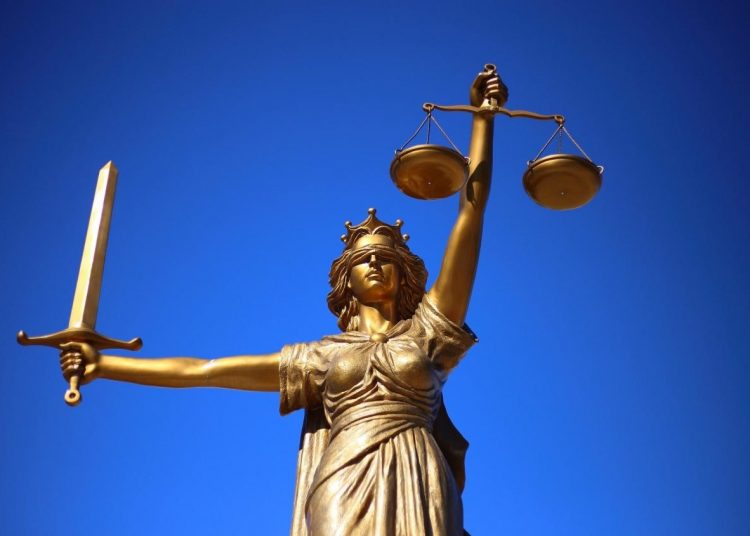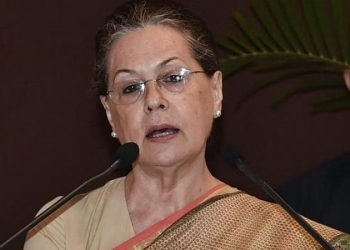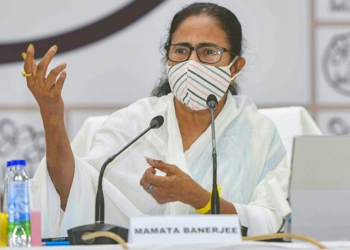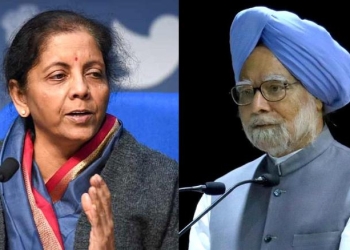The then-ruling AIADMK-piloted bill giving internal reservation of 10.5 per cent for Vanniyars was passed by the Tamil Nadu Assembly in February, with the existing DMK administration issuing an order for its implementation in July this year. It had divided the whole 20% reservation for Most Backward Communities (MBCs) and Denotified Communities into three groups by regrouping castes.
The bench comprising Justice M Duraisamy and Justice Murali Shankar set aside the provision of reservation for Vanniyakula Kshatriyas, a Most Backward Community (MBC) in education and public employment in Tamil Nadu, calling it “unconstitutional”. The statute had been challenged in a series of writ petitions. People argued that the internal reservation had been granted with a “political motivation” in various southern areas of the state, where agitations took place.
In response to the court’s decision, Pattali Makkal Katchi (PMK) leader S Ramadoss and Tamizhaga Vazhvurimai Katchi leader T Velmurugan have asked the state government to file an appeal. PMK was the allied party of AIADMK on the demand of which the latter had introduced the bill.
Punjab Assembly would hold a special session to counter the BSF issue among others
S Ramadoss stated that the court’s ruling was unacceptably harsh and that numerous students had already been accepted and hired as a result of the quota. He stated that it is Chief Minister MK Stalin’s responsibility to challenge the court’s decision.
The government said there was no political motivation for the legislation’s passage. It disputed that the bill was rushed through before the Assembly elections this year, which were held on April 6, in contravention of legislative assembly regulations.
“Is it possible for the state government to impose internal reservations? The Constitution has already given us enough information. The law prohibiting internal reservations has been revoked “A judgement was reached by Justices M Duraiswamy and K Murali Sankar, who heard a batch of 50 petitions challenging the legislation’s constitutionality.
























